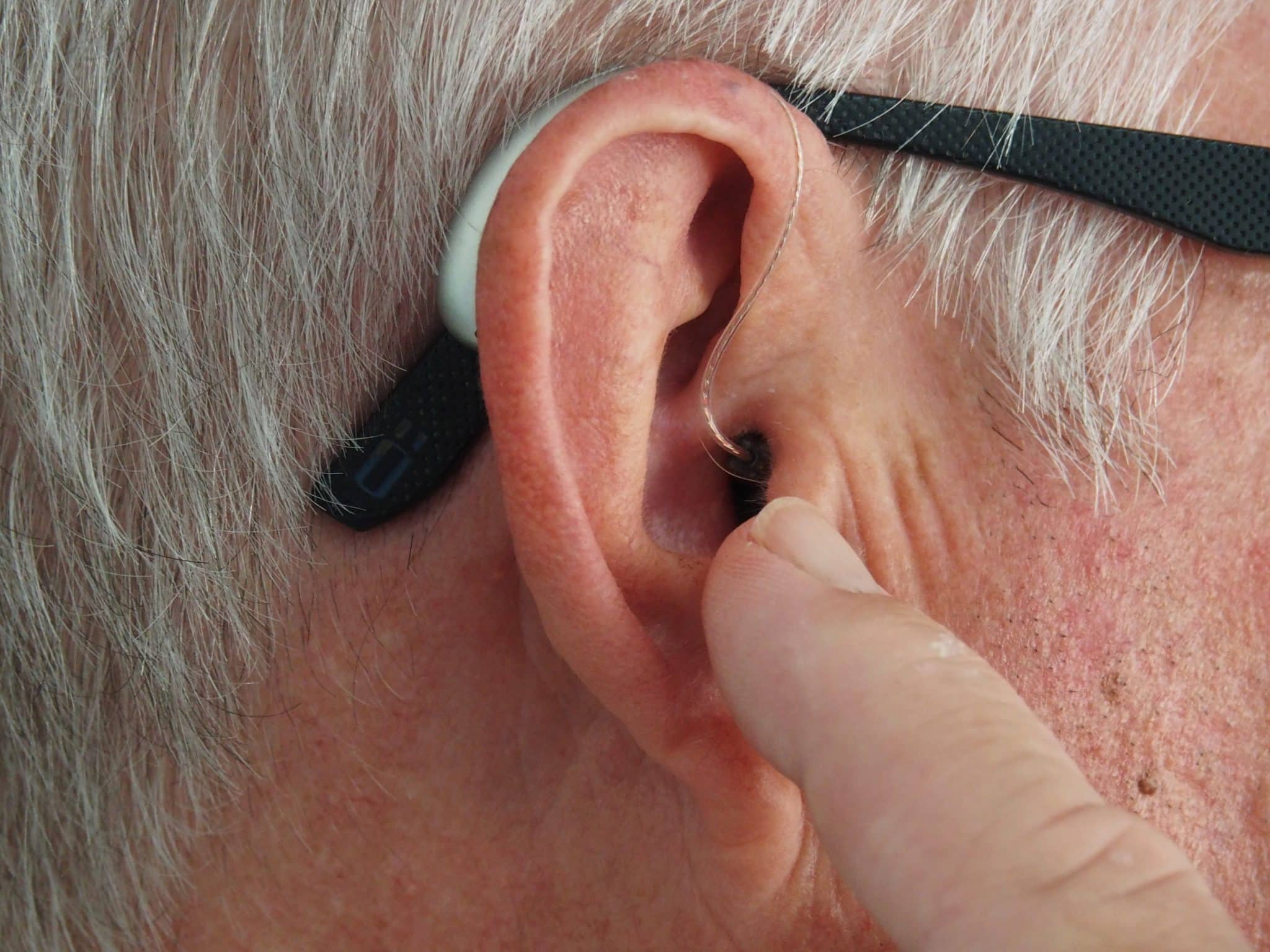Hearing loss is a serious condition that can affect people for most of their lives, but are there possible ways to reverse it? Learn more about hearing loss developments in this week’s latest Audicus blog!
It’s a commonly-held belief that hearing loss is irreversible. The 15,000 or so auditory hair cells in each ear are not prone to regrow after they have been damaged or die out.
Scientists from MIT, Brigham and Women’s Hospital and Massachusetts Eye and Ear have turned to mice for solutions in a new 2017 study. By applying certain chemicals to the immature cochlear cells of mice, the scientists were actually able to make these cells grow into mature hair cells.
The experiments were wildly successful, as the amount of hair cells yielded was 60 times more than the hair cells made from other scientific methods! This new innovation is particularly useful for the regrowth of hair cells after a patient has used ototoxic drugs.
Hair Cells and Ototoxic Drugs
Although drugs are typically designed to treat illness, some can prove to be ototoxic, or harmful to the ears. This is because certain chemical components in these drugs can cause damage the hair cells that we have in our inner ear. These hair cells are responsible for sensing sound vibrations, and deafness often occurs when the hairs are either deformed, missing, or dead.
Hearing and Heat Shock Proteins
In both mice and humans, sounds make the ear produce certain proteins called heat shock proteins, which help prevent the hairs from being damaged. Heat shock proteins serve many functions in the human body and can be triggered by many different kinds of stress stimuli.
In mice there are two specific heat shock proteins that help protect against
hearing loss;
Hsp32 and
Hsp70. The sounds used in the conditioning therapy are loud enough to spark the production of heat shock protein but are too weak to cause any permanent hearing damage themselves.
Sound therapy is also used to help prevent noise trauma as well as age-related hearing loss, two very common incidents that affect hearing-impaired individuals.
Using animals to help find
hearing loss solutions is not a new discovery.
In 2013,
researchers from the National Institute of Deafness and Other Communication Disorders had also discovered that using specific sounds can safely condition mice to preemptively combat
hearing loss.
Chickens, owls and fish have also served as tools for hearing loss research in separate studies. These animals, unlike humans, are able to regrow hair cells after they’ve experienced trauma.
Despite being only distantly related to humans, these animals are also vertebrates and the proteins that they utilize for hearing maintenance may be applicable to people as well.
Studying the specific chemicals that allow certain animals to regrow their hair cells and restore their hearing is an important task. By understanding how these processes work and the chemicals involved we can design medication that can be used by people.
By: Aaron Rodriques




